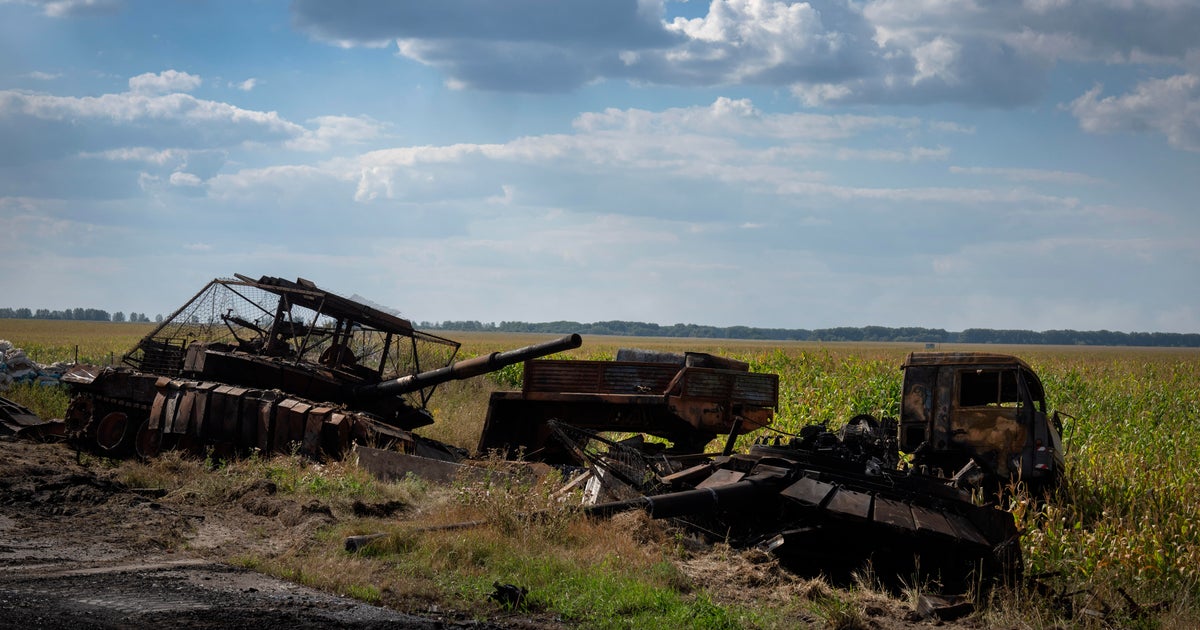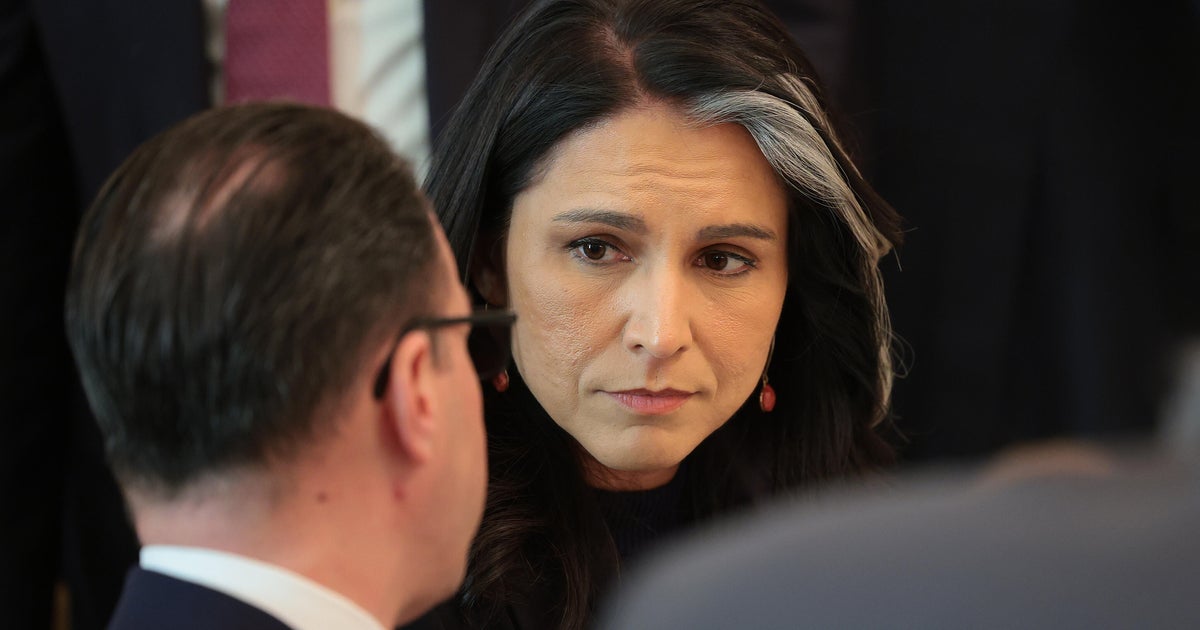Iran vows "quick" return to nuclear deal if Biden drops sanctions, as it upgrades uranium enrichment
Tehran — Iran said Wednesday that it would "automatically" return to its nuclear commitments if U.S. President-elect Joe Biden lifts sanctions imposed over the past two years by President Donald Trump. But even as it dangled the offer, Tehran kept the pressure on the U.S. and other countries by forging ahead with its nuclear program in violation of the 2015 international nuclear pact that Mr. Trump abandoned.
Tehran's return to its commitments under the deal "can be done automatically and needs no conditions or even negotiations," Foreign Minister Mohammad Javad Zarif said in comments published in the state-run Iran daily.
Decades old U.S.-Iranian tensions escalated after President Trump unilaterally withdrew from the landmark nuclear agreement in 2018 and reimposed, and then reinforced, crippling sanctions .
While Mr. Trump has sought to maximize pressure on Iran and isolate it globally, Mr. Biden has proposed to offer the Islamic republic a "credible path back to diplomacy."
Mr. Biden has said that Tehran must return to compliance with the nuclear deal, but he's been clear that if it does, his administration would "re-enter the agreement." The president-elect has consistently argued that the 2015 accord, "blocked Iran from getting a nuclear weapon."
Zarif indicated to CBS News early this month, before Mr. Biden was projected to be the winner of the U.S. election, that Iran would prefer the former vice president emerge victorious , noting "more promising" statements from his campaign.
In the remarks published Wednesday, Zarif argued that "America is obligated to implement Resolution 2231 as a member of the United Nations and its Security Council," pointing to the UNSC resolution that enshrined the 2015 nuclear deal.
"If it does carry out this resolution and sanctions are lifted and there are no obstacles to Iran's economic activities, then Iran will carry out" its obligations under the deal, he said.
Iran, which denies it is seeking to build a nuclear bomb, has since May 2019, after Mr. Trump pulled the U.S. out of the agreement, gradually suspended most of its key obligations under the agreement. Tehran argues that it has merely reacted to the sanctions and the inability of the other parties to the deal - Britain, China, France, Germany and Russia - to provide Tehran with its promised economic benefits.
Zarif described Mr. Biden as a "foreign affairs veteran," whom he has known for 30 years. Once in the White House, Mr. Biden could "lift all of these [sanctions] with three executive orders," Zarif argued.
If the Biden administration does that, Iran's return to nuclear commitments will be "quick," Zarif said.
Washington's return to the deal, however, could wait, he added.
"The next stage that will need negotiating is America's return ... which is not a priority," he said. "The first priority is America ending its law breaking and rebelling."
The New York Times reported on Monday that Mr. Trump asked top aides last week about the possibility of striking Iran's nuclear facilities. Senior officials reportedly "dissuaded the president from moving ahead with a military strike," warning him that such an attack could escalate into a broader conflict in the last weeks of his presidency.
One of the sites that both the U.S. and Israel have long eyed as a potential target in any strike on Iran is the Natanz nuclear facility , where Iran has ramped up uranium enrichment beyond the parameters of the nuclear deal since 2019.
On Wednesday the U.N. nuclear watchdog, the International Atomic Energy Agency, said in a confidential report obtained by CBS News that Iran had begun feeding uranium gas into a recently installed cascade of advanced centrifuges in a fortified underground facility at Natanz, CBS News Pamela Falk reports.
The IR-2M centrifuges will enable Iran to spin the uranium hexafluoride gas to create nuclear material enriched to more than 4% purity — over the level permitted under the 2015 agreement but well below the 90% purity required to make a nuclear weapon.
Any use of the advanced type of centrifuge by Iran is, in itself, a violation of the nuclear pact, but the country had already been using the same machinery above ground at Natanz as part of its shirking of the agreement following Mr. Trump's unilateral withdrawal.
IAEA director-general Rafael Grossi said that while the operation of the 174 centrifuges was taking place in a new area of Natanz, it would not lead to an overall increase in the output of enriched uranium.





